67 results in Cambridge Law Handbooks
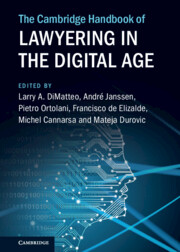
The Cambridge Handbook of Lawyering in the Digital Age
-
- Published online:
- 18 November 2021
- Print publication:
- 25 November 2021
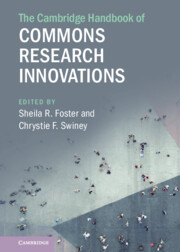
The Cambridge Handbook of Commons Research Innovations
-
- Published online:
- 29 October 2021
- Print publication:
- 11 November 2021
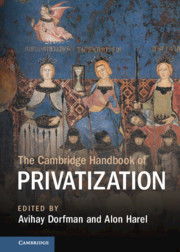
The Cambridge Handbook of Privatization
-
- Published online:
- 27 August 2021
- Print publication:
- 16 September 2021

The Cambridge Handbook of Twin Peaks Financial Regulation
-
- Published online:
- 24 June 2021
- Print publication:
- 15 July 2021

The Cambridge Handbook of Health Research Regulation
-
- Published online:
- 09 June 2021
- Print publication:
- 24 June 2021
-
- Book
-
- You have access
- Open access
- Export citation
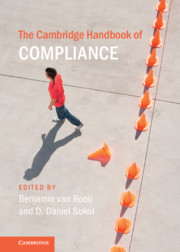
The Cambridge Handbook of Compliance
-
- Published online:
- 07 May 2021
- Print publication:
- 20 May 2021
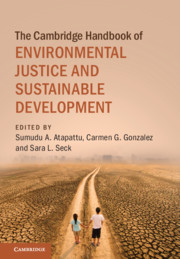
The Cambridge Handbook of Environmental Justice and Sustainable Development
-
- Published online:
- 26 March 2021
- Print publication:
- 01 April 2021
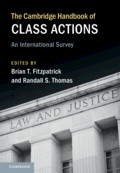
The Cambridge Handbook of Class Actions
- An International Survey
-
- Published online:
- 29 January 2021
- Print publication:
- 18 February 2021
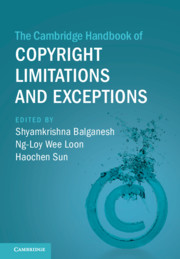
The Cambridge Handbook of Copyright Limitations and Exceptions
-
- Published online:
- 15 January 2021
- Print publication:
- 07 January 2021
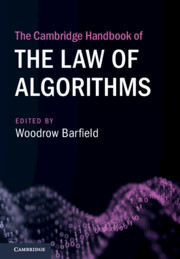
The Cambridge Handbook of the Law of Algorithms
-
- Published online:
- 19 October 2020
- Print publication:
- 05 November 2020
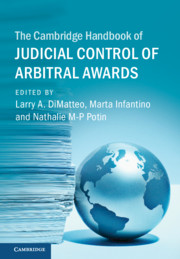
The Cambridge Handbook of Judicial Control of Arbitral Awards
-
- Published online:
- 08 October 2020
- Print publication:
- 29 October 2020
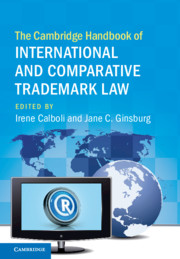
The Cambridge Handbook of International and Comparative Trademark Law
-
- Published online:
- 18 September 2020
- Print publication:
- 24 September 2020
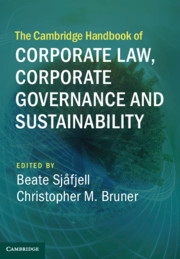
The Cambridge Handbook of Corporate Law, Corporate Governance and Sustainability
-
- Published online:
- 25 November 2019
- Print publication:
- 12 December 2019

The Cambridge Handbook of Copyright in Street Art and Graffiti
-
- Published online:
- 14 November 2019
- Print publication:
- 07 November 2019
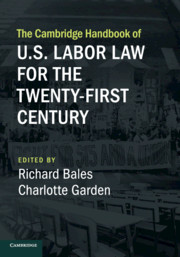
The Cambridge Handbook of U.S. Labor Law for the Twenty-First Century
-
- Published online:
- 01 November 2019
- Print publication:
- 05 December 2019
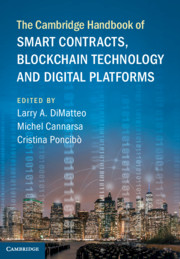
The Cambridge Handbook of Smart Contracts, Blockchain Technology and Digital Platforms
-
- Published online:
- 25 October 2019
- Print publication:
- 10 October 2019
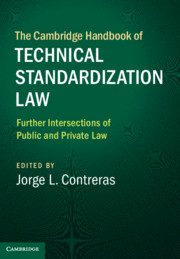
The Cambridge Handbook of Technical Standardization Law
- Further Intersections of Public and Private Law
-
- Published online:
- 04 September 2019
- Print publication:
- 26 September 2019
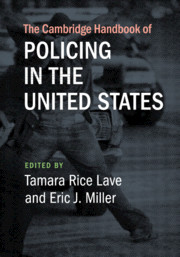
The Cambridge Handbook of Policing in the United States
-
- Published online:
- 14 August 2019
- Print publication:
- 04 July 2019
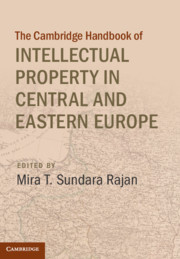
Cambridge Handbook of Intellectual Property in Central and Eastern Europe
-
- Published online:
- 11 June 2019
- Print publication:
- 13 June 2019
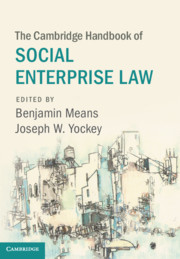
The Cambridge Handbook of Social Enterprise Law
-
- Published online:
- 14 December 2018
- Print publication:
- 03 January 2019

